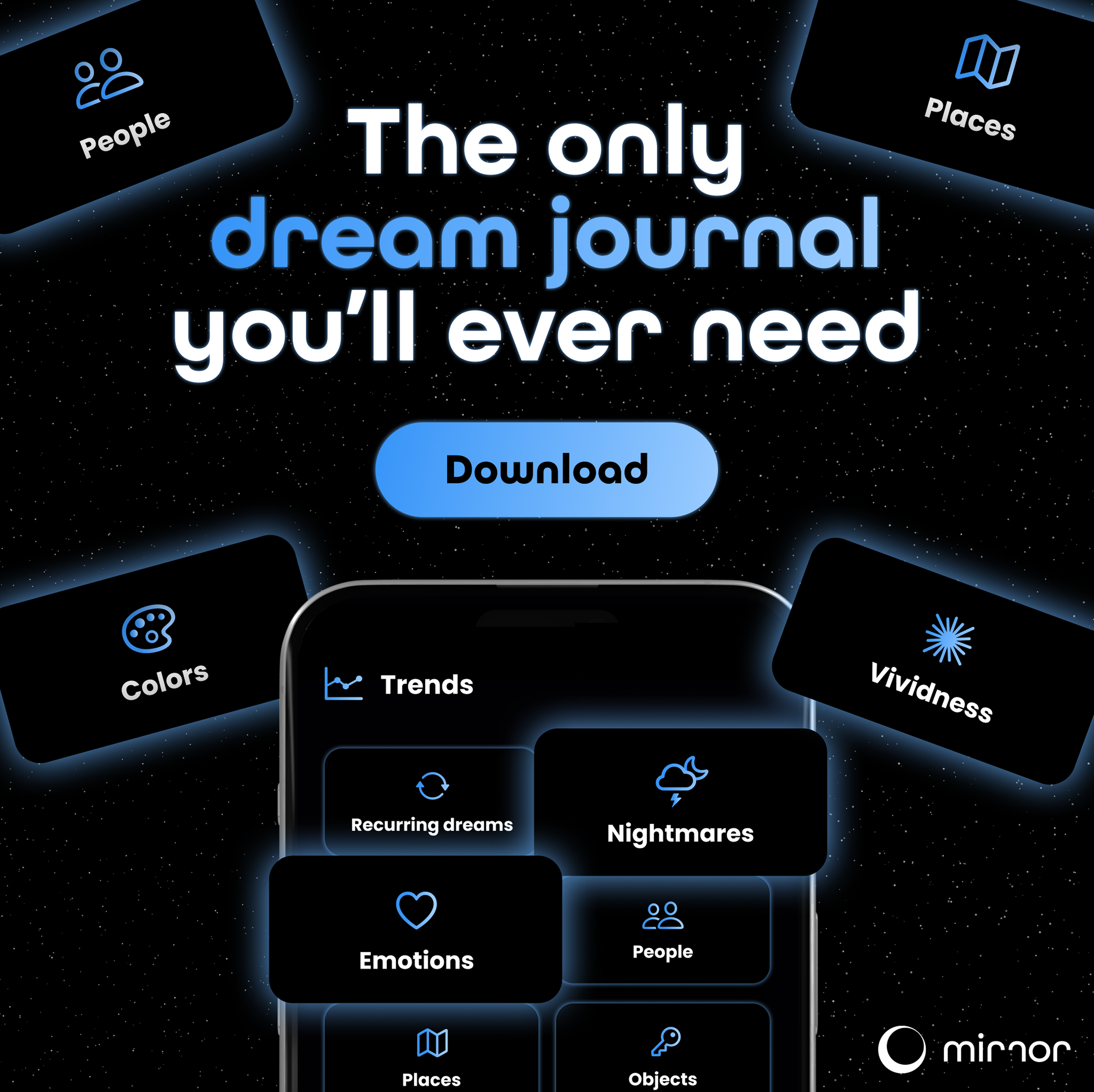Lucid Dream Science
Lucid dream science has come a long way in the last 40 years, ever since it was first proven in the laboratory. In the last decade, research has accelerated further with creative use of fMRI brain scans on lucid dreamers
This kind of research is set to continue. As lucid dreaming becomes a household term, more people are learning to lucid dream and study participants are more easily recruited. Early technologies have even emerged which allow us to stimulate lucidity with electrical currents and crudely "record" our dreams as they occur.
 Lucid Dreams Found to Take Place at Gamma Frequencies
Lucid Dreams Found to Take Place at Gamma Frequencies
Lucid dream research out of Frankfurt has revealed lucid dreams to take place at gamma band brainwave frequencies.
 Lucid Dreams Triggered by Electrical Stimulation
Lucid Dreams Triggered by Electrical Stimulation
An electrifying experiment has revealed a way to artificially induce lucid dreams as much as 77% of the time. Is this a silver bullet for lucid dreaming?
 How to Play Back Your Dreams
How to Play Back Your Dreams
Some incredible new research using fMRI is paving the way to literally record and play back your dreams - and lucid dreams - just like movies. Find how out it works here.
 Scientists Measure Dream Content
Scientists Measure Dream Content
European scientists have begun to translate brain signals which reveal the content of your dreams. Could you one day record and playback your lucid dreams?
 How to Stop Nightmares with Role Playing and Lucid Dreams
How to Stop Nightmares with Role Playing and Lucid Dreams
In a 2015 study, researchers have taught people how to lucid dream and, in combination with role playing Gestalt therapy, overcome their nightmares.
 Celebrating 40 Years of Lucid Dream Science
Celebrating 40 Years of Lucid Dream Science
Join Dr Clare Johnson and Dr Keith Hearne at a day-long dynamic exploration of lucid dream science, therapy, healing and creativity in London in March 2015.

















